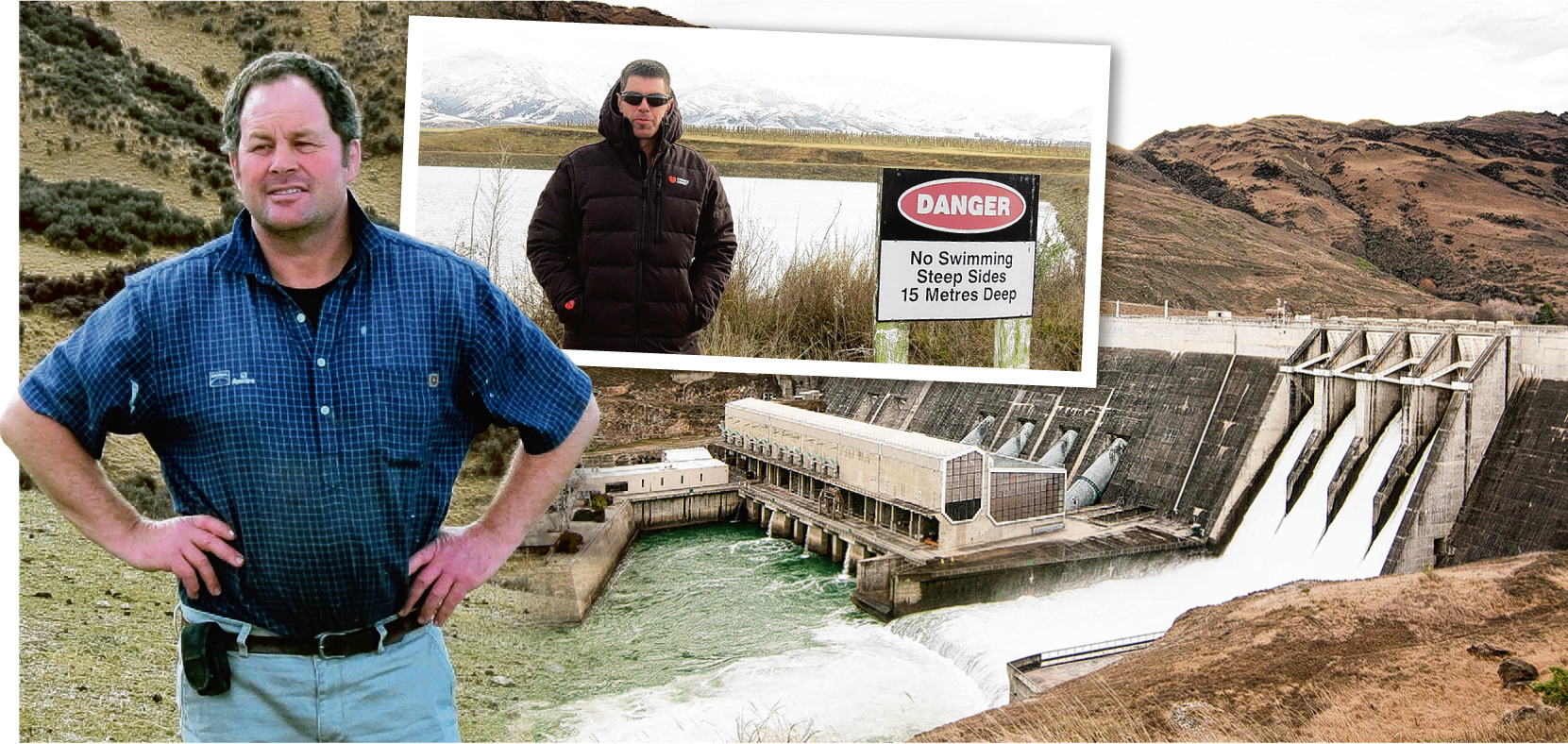Matakanui Station owner Andrew Paterson says new dam safety regulations ‘‘seem very over the top’’, and the height and volume limits that make a dam classifiable have been set at too low a level.
On May 12, 2022, new regulations on dam safety were passed by the Government, although they will not come into effect until May 13, 2024.
This gives dam owners a two-year lead time to check whether their dam is big enough to be impacted by the regulations.
A feature of the new regulations is that a recognised engineer will be required to determine potential impact classifications and to certify and audit dam safety assurance programmes.
To be a classifiable dam, a dam must be:
— 4m or more in height and storing 20,000 or more cubic metres of water (eight Olympic-sized swimming pools) or other fluid
— 1m or more in height and storing 40,000 or more cubic metres of water or other fluid
(One cubic metre equals 1000 litres.)
Mr Paterson said a lot of people would have to go through a lot of expense to comply with the regulations, only to find out there had never been a safety issue with what he termed ‘‘small’’ dams.
‘‘I’ve got duck ponds that we built just for shooting ducks that are bigger than that. I have stock water ponds that are bigger than that.
‘‘I’d probably have about 10 duck ponds and stock water dams that would be above that.’’
Ministry of Business, Innovation and Employment (MBIE) manager building policy Amy Moorhead said New Zealand was one of the few OECD countries that had lacked a consistent, national-level scheme to ensure ongoing maintenance and inspection of dams.
‘‘Dam failure has the potential to cause significant damage to people, property and the environment for a considerable distance downstream.’’
The new regulations would provide a robust and nationally consistent approach to dam safety, she said.
‘‘This new approach will protect people, property and the environment from the potential impacts of dam failure, both in the immediate vicinity of dams and further downstream.’’
Central Otago District Council owns two dams for drinking water supplies — the Sowburn, in Patearoa, and the Eweburn, in Ranfurly, — but their communications team said neither would be classifiable.
McArthur Ridge Vineyard manager Murray Petrie said there were two dams on the property that would be classifiable, but the new regulations would make no difference to the operation.
‘‘We have to do a dam safety review every seven years anyway as part of our resource consent.’’
Contact Energy, which operates the Clyde, Roxburgh and Hawea Dams, said that while the new regulations would not change the way it operated the dams, there would be increased dam safety requirements to comply with. ‘‘Our dam safety assurance programme [DSAP] will need to be certified by an independent recognised engineer and we will have to provide a certificate each year to the Otago Regional Council confirming the DSAP is being followed,’’ a spokesman said.
‘‘Our existing programme already exceeds this requirement, although the compliance will be slightly different.’’
Bringing dams into compliance and maintaining acceptable levels of safety might come at a monetary cost for some dam owners, Ms Moorhead said.
However, MBIE had worked to reduce these costs as far as practicable.
‘‘Most small farm dams, such as stock water drinking ponds and weirs, will be excluded from the regulatory framework as they do not meet the minimum size or storage volume thresholds,’’ she said.
That was where Mr Paterson disagreed, and he felt the new regulations were just some of a huge number of regulations coming at farmers at the moment.
Mr Paterson is also the Federated Farmers High Country Otago chairman, but stressed he was speaking on the matter in his personal capacity as Matakanui Station owner.
‘‘It doesn’t really make sense, especially for a 1m wall.
‘‘Not very often is there a sudden collapse in a wall. Even a1m wall in a poorly built dam will take along time to collapse.’’
He said farmers were being ‘‘bombarded’’ with regulations and did not have time to become familiar with them all.
‘‘Farmers are pretty much punch drunk and just dealing with them as they come or when there’s aknock on the door.
‘‘That’s not a good way to be.’’





